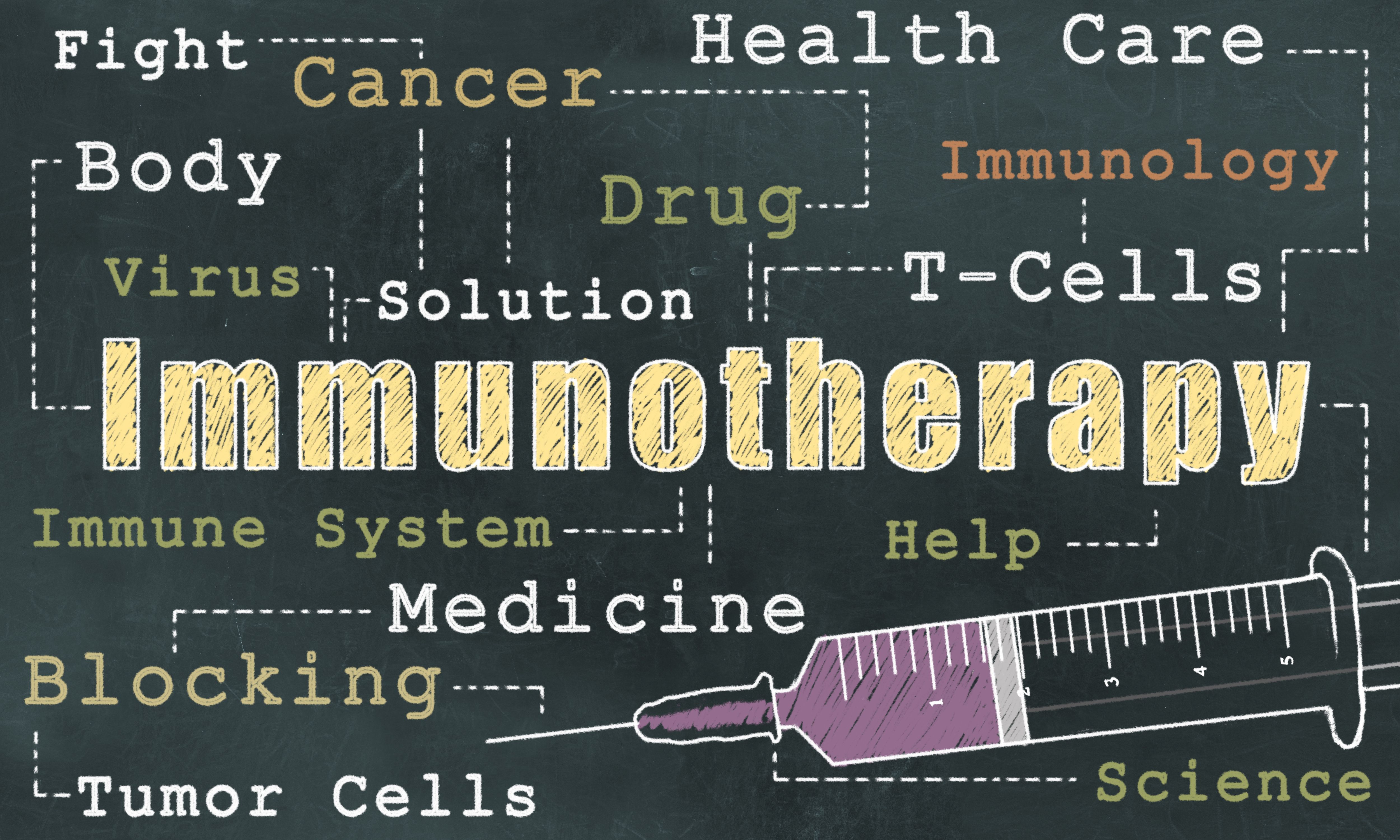Study Shows Promise in Immunotherapy for Rheumatoid Arthritis
Researchers are exploring the possibility of using immune checkpoint inhibitors in rheumatoid arthritis patients. A small study presented at the American College of Rheumatology (ACR) annual meeting earlier this month shows that rheumatoid arthritis (RA) patients who were treated with immunotherapy, responded just as well as a comparable patient population with only 12 of 22 patients experiencing flares.
Immunotherapy ( T. L. Furrer, AdobeStock_168475795)

Researchers are exploring the possibility of using immune checkpoint inhibitors in rheumatoid arthritis patients. A small study presented at the American College of Rheumatology (ACR) annual meeting earlier this month shows that rheumatoid arthritis (RA) patients who were treated with immunotherapy, responded just as well as a comparable patient population with 12 of 22 patients experiencing flares.
“Patients with RA are at greater risk of certain cancers than the general population, yet they were excluded from groundbreaking trials evaluating immunotherapy for the treatment of malignancy due to fear of disease flare. However, patients with autoimmune diseases have the potential to benefit from the use of these therapies,” says Sabina Sandigursky, M.D., of the NYU School of Medicine, and the study’s lead author. “Our data suggests that patients with RA may be treated with immunotherapy and attain rates of response similar to the general population at large with a 50 percent flare rate. There are ongoing clinical trials evaluating this question in a prospective nature.”
While immune checkpoint inhibitors have been a game changer for some cancers, the concept has not been fully explored in rheumatology. Patients with autoimmune conditions-who are at increased risk for developing cancer-have not been included in immunotherapy clinical trials due to concerns of increasing toxcity. And, while some physicians have treated rheumatoid arthritis patients with immune checkpoint inhibitors, there is little data on the risks of toxcity and disease flares.
In this trial, Dr. Sandigursky and colleageus conducted a retrospective analysis of 22 rheumatoid arthritis patients (16 female, median age 67) from a single hospital. These patients were treated with anti-CTLA-4 and anti-PD-1 immune checkpoint inhibitors. The trial was conducted over a seven-year period from 2011-2018.
At the start of the trial, 16 patients were receiving immunomodulatory therapy, eight patients were receiving systemic corticosteroids and seven were on methotrexate. And, only two patients in the group had active disease.
Over the course of the trial, seven patients developed melanoma, seven developed non-small cell lung cancer and other cancers. Thirteen patients were treated with pembrolizumab, nine were treated with nivolumab and four received ipilimumab-all of which are immune checkpoint inhibitors.
Overall, 16 patients experienced a flare or a treatment-related adverse event or both. Only seven patients developed immune-related adverse events and of these, only two were severe. Half of the patients experienced flares and 41 percent experienced toxicity ranging from minor to severe. These included: four patients with dermatitis and three with colitis. The therapy was temporarily discontinued due to adverse events in five patients and only one patient permanently stopped the therapy due to the presence of flares.
The overall survival rate for the rheumatoid arthritis patients enrolled in this trial was 10.5 months.
“If validated in prospective clinical trials, this study’s findings may open new treatment options for patients with autoimmune diseases and concurrent malignancy. A co-management approach between the oncologist and rheumatologist can help recognize and treat immunotherapy related toxicities if they do arise,” Dr. Sandigursky said in a statement issued by ACR.
REFERENCE: ABSTRACT NUMBER: 1339. Elizaveta Efuni, Samuel Cytryn, Patrick Boland, and Sabina Sandigursky, et al . "Risk of Immunotherapy Related Toxicity in Patients with Rheumatoid Arthritis." 2019 ACR/ARP Annual Meeting